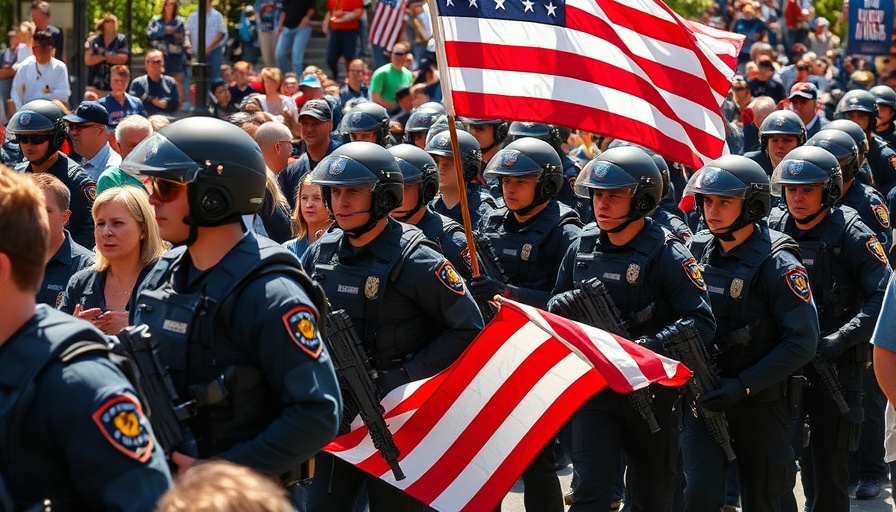
Media’s Selective Coverage: What’s Behind the July 4th Attack Narrative?
In a shocking incident on July 4, armed assailants targeted ICE agents at a Texas facility. While one would expect such an event to dominate the national conversation, major networks like CNN and MSNBC opted to forgo live coverage. This decision raises questions about media priorities and the implications for public awareness concerning issues of national security, immigration, and gun violence in America.
Understanding the Broader Context of Media Coverage
When violent incidents like this occur, public interest typically spikes, igniting discussions about the events that led to such assaults, the motives behind them, and the responses from law enforcement and political leaders. However, the choice by CNN and MSNBC to not air the attack during their coverage may point to an editorial strategy aimed at avoiding sensationalism or perhaps reflects a focus on other narratives that are perceived as more critical to their audience.
Emotional Reactions and Public Perception
For many Americans, the absence of coverage on a violent confrontation involving government agents can invoke feelings of frustration and confusion. Those who are deeply engaged with national politics and social issues may wonder if such choices represent a conscious bias in reporting or merely a reflection of newsroom focus areas. This incident, particularly around a holiday symbolic of freedom and security, reverberates with those concerned about the balance of civil liberties and national security.
The Response from Law Enforcement and Politicians
The attack underscores significant challenges faced by law enforcement agencies, particularly in contexts involving immigration enforcement. Local and federal responses can vary dramatically, further complicating public understanding of the issues at play. Commentary from political leaders, including Congressional representatives, may shed light on the government's law enforcement strategy, particularly as it relates to border policy and immigration reform.
Future Trends in Media Reporting
As the media landscape continues to evolve, the role of traditional news outlets in shaping public discourse becomes increasingly complex. The reluctance of major news networks to cover certain violent incidents could portend a trend toward more selective reporting, potentially alienating portions of their viewership who demand comprehensive coverage of national security issues and their implications for American society.
Breaking the Silence: Engaging in National Dialogue
Events like the attack on July 4 serve as crucial touchpoints for national conversations on immigration, government accountability, and the efficacy of law enforcement. Engaging audiences through various platforms—including social media—could foster a richer dialogue on these pressing concerns and promote a collective understanding of the ramifications of such violence.
As we reflect on these pressing issues, it's evident that understanding complex narratives around national security and immigration policy requires more than just headline news. It necessitates a thorough examination of the motives and implications behind media reporting. Stay informed by following current events and engaging with different perspectives as we navigate this contentious landscape together.
 Add Element
Add Element  Add Row
Add Row 



Write A Comment